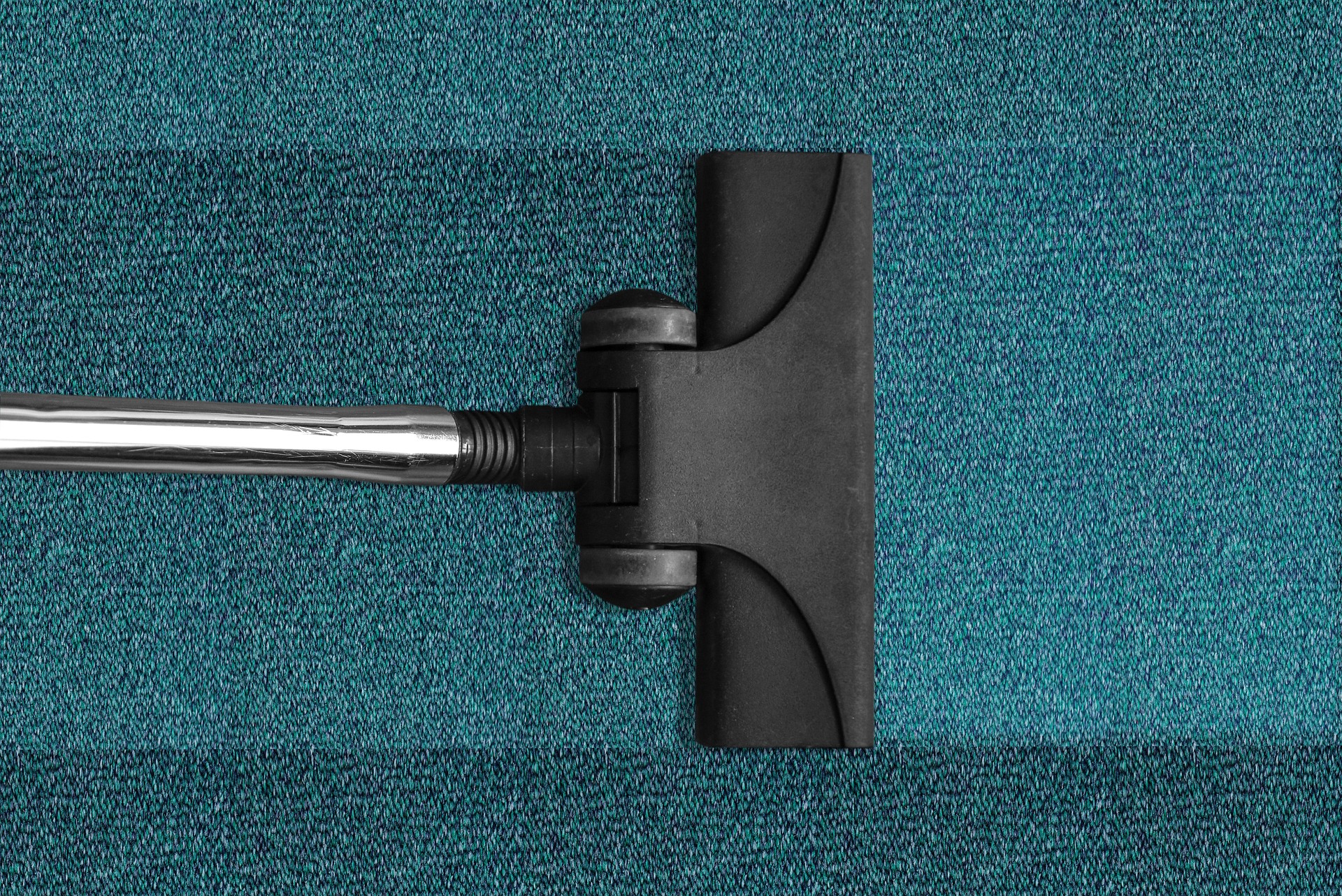How to Get Smell Out of Carpet: A Comprehensive Guide to Odor Removal
Introduction
Carpet odors can quickly turn a cozy home into an uncomfortable space. Whether caused by pet accidents, smoke residue, food spills, or microbial growth, unpleasant smells not only affect your environment’s aesthetic appeal but also your indoor air quality and overall well-being. In this post, we explore the science behind carpet odor removal, present practical, research-based methods, and offer actionable tips to keep your carpets—and your home—smelling fresh.

About ServiceCabareda
ServiceCabareda is a top-rated cleaning company serving Bowmanville, Newcastle, Courtice, Whitby, Ajax, Oshawa, and the entire Durham Region. We are not just making homes and offices spotless; we’re sharing valuable tips and insights to help our clients, communities, and cleaners enjoy cleaner, healthier, and happier spaces!
Connect with Us
Common Causes of Carpet Odors
Carpet can trap a variety of odor-causing agents:
- Pet Accidents: Urine, dander, and spilled food can lead to bacterial growth and persistent odors.
- Smoke and Chemical Residues: Tobacco smoke and cooking fumes may bind to carpet fibers over time.
- Mold and Mildew: High humidity or water spills create an environment for mold growth, releasing musty odors.
- General Dirt and Dust: Everyday dust, dead skin cells, and debris can accumulate and degrade air quality over time.
Understanding these causes is the first step toward selecting the right cleaning method.
Effective Methods for Removing Carpet Odors
Baking Soda’s Deodorizing Power
Baking soda is renowned for its natural ability to neutralize odors. Its alkaline properties help counteract acidic smell molecules and absorb moisture, trapping unwanted odors in your carpet fibers. To use, generously sprinkle baking soda over the carpet, gently brush it into the fibers with a soft brush, let it sit for 15–20 minutes (or even overnight for more persistent smells), and then vacuum it thoroughly.
Vinegar Solutions
White vinegar’s acidic nature makes it effective at breaking down compounds that cause odors. A typical method is to combine equal parts white vinegar and warm water in a spray bottle, then lightly mist the affected carpet area (taking care not to saturate the fibers). Allow the solution to work for several minutes before blotting the area dry. As it dries, the vinegar smell dissipates, leaving your carpet fresher.
Employing Enzyme-Based Cleaners
For organic stains, especially from pet accidents, enzyme-based cleaners can be very effective. These cleaners work by breaking down the proteins and bacteria that produce odors, helping to prevent repeat incidents. Always follow the manufacturer’s instructions for the best results and safety.
The Vodka Method
A popular, unconventional trick shared on social media involves using plain, unflavored vodka to neutralize odor-causing bacteria. By lightly spraying the carpet with vodka, the alcohol evaporates quickly, disrupting the bacteria that contribute to unpleasant smells.
Professional Steam Cleaning and Extraction
Deep cleaning through steam cleaning or professional wet extraction removes deeply embedded dirt, allergens, and odor residues from your carpet fibers. Regular professional cleaning not only tackles stubborn odors but also enhances indoor air quality.
Preventative Strategies for Long-Term Freshness
Keeping your carpet odor-free is as much about proactive care as it is about reactive cleaning:
- Regular Vacuuming: Aim to vacuum at least twice a week to prevent dust and particles from settling permanently.
- Immediate Spill Response: Quickly blot spills with a clean, dry cloth and then treat the area with an appropriate cleaning solution.
- Humidity Control: Utilize dehumidifiers and ensure good ventilation to prevent mold growth.
- Carpet Refreshers: Occasionally apply a mild, nonabrasive, lightly scented product (or even a homemade mixture) to maintain a neutral smell without damaging the fibers.
The Impact of Odors on Indoor Air Quality and Well-Being
Persistent odors in your home can affect mental clarity and contribute to stress. A clean, fresh carpet helps improve indoor air quality by capturing particles until they’re removed during cleaning. A well-maintained living environment can lead to reduced anxiety and better overall health.
Conclusion
Eliminating carpet odors is both an art and a science. By understanding the source of these smells and using a mix of proven methods—from natural remedies like baking soda and vinegar to enzyme-based solutions and professional cleaning—you can restore your carpet’s freshness and create a healthier home environment. Regular maintenance is key; small, proactive steps can make a significant, lasting difference in the comfort and appearance of your living space.